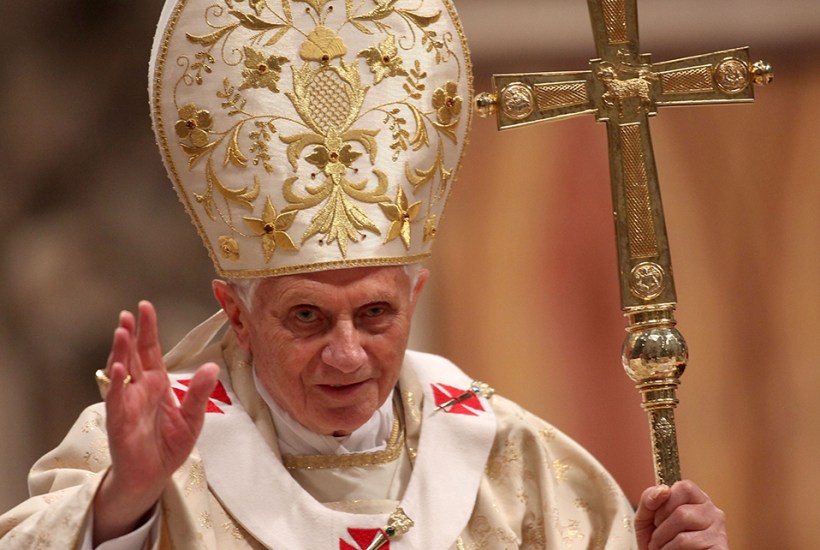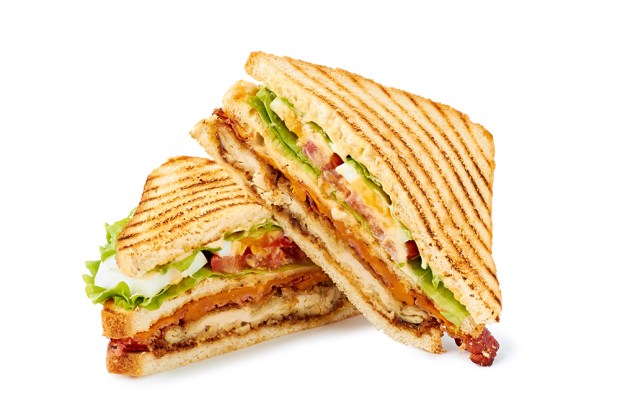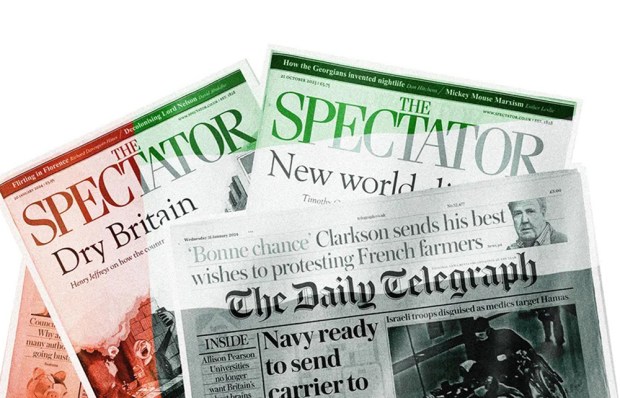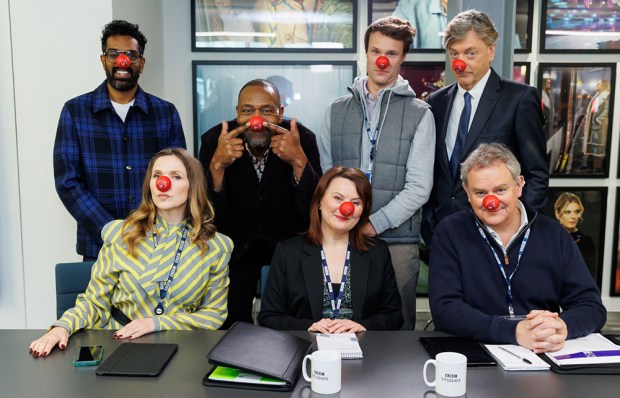One group delighted with the papacy of Benedict XVI was musicians. He was one of us. He had a grand piano in his apartment in the Vatican and played (mostly his beloved Mozart) regularly. His love of music was not restricted to music for the liturgy. He saw the numinous dimension to music in its secular forms too. When, two years after his renunciation, he received an Honorary Doctorate from the Pontifical University of John Paul II in Kraków, he chose to give his lecture on music. These words stand out to me: ‘In no other cultural ambit is there music of equal grandeur to that born in the ambit of the Christian faith: from Palestrina to Bach, to Handel, up to Mozart, Beethoven and Bruckner. Western music is something unique, which has no equal in other cultures.’ It’s shameful that some professors of music at our most prestigious universities would hesitate to make that point nowadays.
Benedict believed that the greatest works of Christian composers could not have appeared haphazardly but ‘could only come from heaven; music in which was revealed to us the jubilation of the angels over the beauty of God’. He once recounted the experience of hearing Leonard Bernstein conduct Bach at a concert in Munich. He turned to his friend, the local Lutheran Bishop Hanselmann, and said: ‘Anyone who has heard this knows that the faith is true.’
It must have pained Benedict’s heart that music became such a battleground in the Catholic Church after the upheavals of the 1960s. The radical Dutch liturgist Bernard Huijbers (1922-2003) was the forerunner in the new ideas for congregational music in the wake of Vatican II. He made the case that the new principle of ‘active participation’ required a new kind of liturgical music and a new kind of liturgical composer. He advised that the Church’s historical repertoire of sacred art music and its associated performance traditions should be abandoned. He was typical of the growing ideological backlash in the Church which saw sacred art music as no longer having a legitimate place. Huijbers and his many acolytes today refer to art musicians and the sacred traditions of the Church as a kind of ‘musical colonialism’. It’s odd to see that a Catholic culture warrior of the 1960s could be so prophetic of the widespread chaos created by today’s secular culture warriors. Benedict represented a brave resistance to this stultifying revolution and a defence of heritage and tradition.
I got to conduct Handel’s Messiah for the first time this week. I was delighted to direct the Edinburgh Royal Choral Union in its new year performance of this masterpiece, a tradition that goes back 135 years. In some ways it is odd that I’ve got to this stage in my life without ever having performed this music. I’ve conducted some very well-known pieces in my time – symphonies by Beethoven and Haydn, concertos by Mozart and Richard Strauss, bits of Wagner and lots of 20th-century music from Sibelius to Shostakovich, including much British music by Elgar, Vaughan Williams, Holst and Britten. But pre-classical music can sometimes be a no-go area for conductors. Such is the specialism and scholarship that attends Baroque and early music that many of us feel that we don’t have the necessary insight. This is a great shame as I’ve always loved the music of Bach and Handel and I don’t think I would have become the type of composer I am without sustained exposure to even earlier music from Josquin through Palestrina to Monteverdi.
After serial postponements due to Covid lockdowns, I have various new works appearing this year, with long-delayed trips to Pittsburgh, Cincinnati and Los Angeles in the next six months. But there are two short works coming to life in London this month, both of which I hope would have interested Pope Benedict. The British (formerly English) Province of the Society of Jesus (the Jesuits) celebrates 400 years of existence at a special liturgy at its base on 21 January. For this I’ve set some extracts from Challenge to the Privy Council by St Edmund Campion SJ (1540-81), one of the great Jesuit martyrs. And a few days later in Wigmore Hall the King’s Singers and Fretwork will give the premiere of Ye Sacred Muses, written to mark the 400th anniversary of the death of the recusant Catholic composer William Byrd.
Christmas and Hogmanay celebrations with the family have been jolly affairs, mainly involving my attempts to amuse our two-year-old granddaughter. The rediscovery of an old penny whistle has worked a treat. I wonder if it could be worked into a new concerto?
Got something to add? Join the discussion and comment below.
Get 10 issues for just $10
Subscribe to The Spectator Australia today for the next 10 magazine issues, plus full online access, for just $10.
You might disagree with half of it, but you’ll enjoy reading all of it. Try your first month for free, then just $2 a week for the remainder of your first year.














Comments
Don't miss out
Join the conversation with other Spectator Australia readers. Subscribe to leave a comment.
SUBSCRIBEAlready a subscriber? Log in